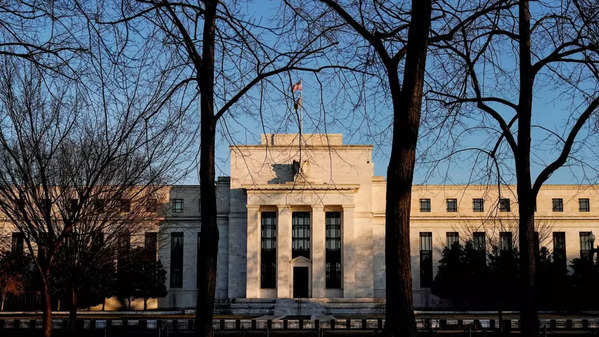Energy executives optimistic about faster permitting times under Trump administration

02-Jan-2025 10:37 PM
A survey from the Federal Reserve Bank of Dallas shows U.S. energy executives expect faster permitting for drilling on federal lands under President-elect Trump. There’s optimism about reduced regulations and increased energy activity in 2025. While large companies plan to cut methane emissions and flaring, smaller firms lag behind. Weak natural gas prices and mergers have affected growth, but many expect oil prices to reach $71 per barrel by 2025. Trump’s policies are anticipated to boost LNG projects and expand oil production on federal lands.
U.S. energy executives are expecting faster permitting times for drilling on federal lands under President-elect Donald Trump, according to a survey released Thursday by the Federal Reserve Bank of Dallas. The survey, which polled 134 energy companies in Texas, Louisiana, and New Mexico, shows a brighter outlook, increased activity levels, and reduced uncertainty in the final quarter of 2024. Trump has promised to lower gasoline prices and speed up permitting for energy projects, following his "drill, baby drill" approach. About a third of the executives surveyed believe the permitting process will significantly accelerate over the next four years. One exploration and production (E&P) executive, who was not named, said, "We expect fewer regulatory compliance issues, primarily because of an administration that's pro-business and pro-fossil fuel production." Trump's transition team is ready to roll out a broad energy plan that includes approving export permits for new liquefied natural gas (LNG) projects and expanding oil drilling on federal lands and waters. Another E&P executive told surveyors that the new administration will cut regulations, stop subsidizing green energy, and focus on LNG development to boost demand for natural gas. Some executives expressed optimism that the new administration will benefit struggling oilfield services companies, with hopes for a recovery in the first quarter of 2025. The survey also revealed a significant gap in greenhouse gas emission reduction plans between larger and smaller producers. Nearly two-thirds of larger companies plan to cut methane emissions, and 86% aim to reduce gas flaring. In comparison, only 29% of smaller companies plan to reduce methane, and just 14% plan to cut flaring. Weak natural gas prices continued to hurt some exploration and production firms in Q4. Gas prices at the Waha Hub in West Texas fell into negative territory a record number of times in 2024. Negative gas prices force operators to pay for gas disposal, which reduces oil profit margins. One executive noted, "The low price of natural gas is draining cash flow, and for smaller independents, cash flow is essential for future investment." Mergers and acquisitions have also weighed on service companies, limiting growth compared to the previous three years as producers consolidated and either held or reduced capital spending budgets. Lower oil demand and improved extraction technologies have pressured service companies, with greater efficiency driving production without increasing activity levels. One executive stated, "It seems like supply and demand are in balance, and production is sufficient for market needs." Respondents, on average, expect the price of West Texas Intermediate (WTI) oil to reach $71 per barrel by the end of 2025, with estimates ranging from $53 to $100 per barrel. Meanwhile, survey participants anticipate a Henry Hub natural gas price of $3.19 per million British thermal units over the same period.